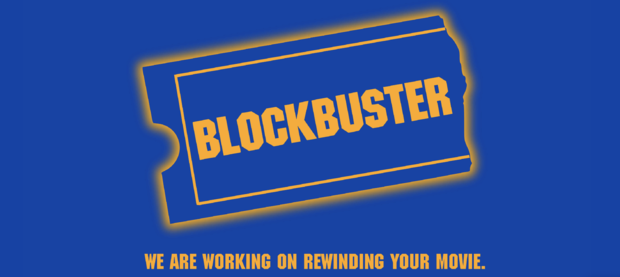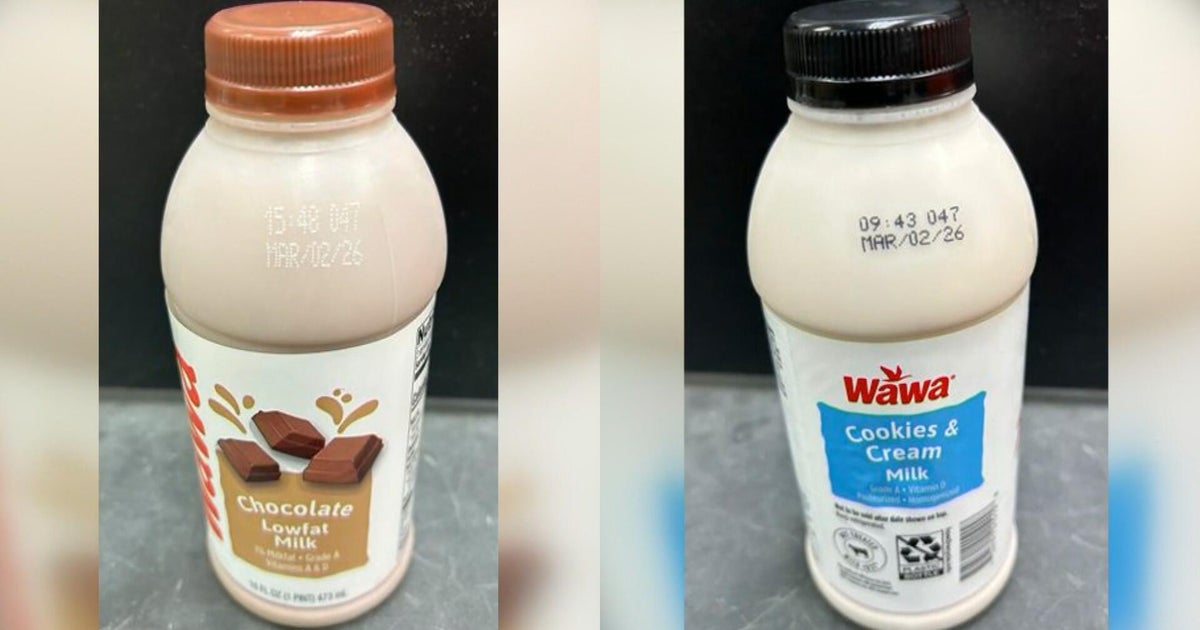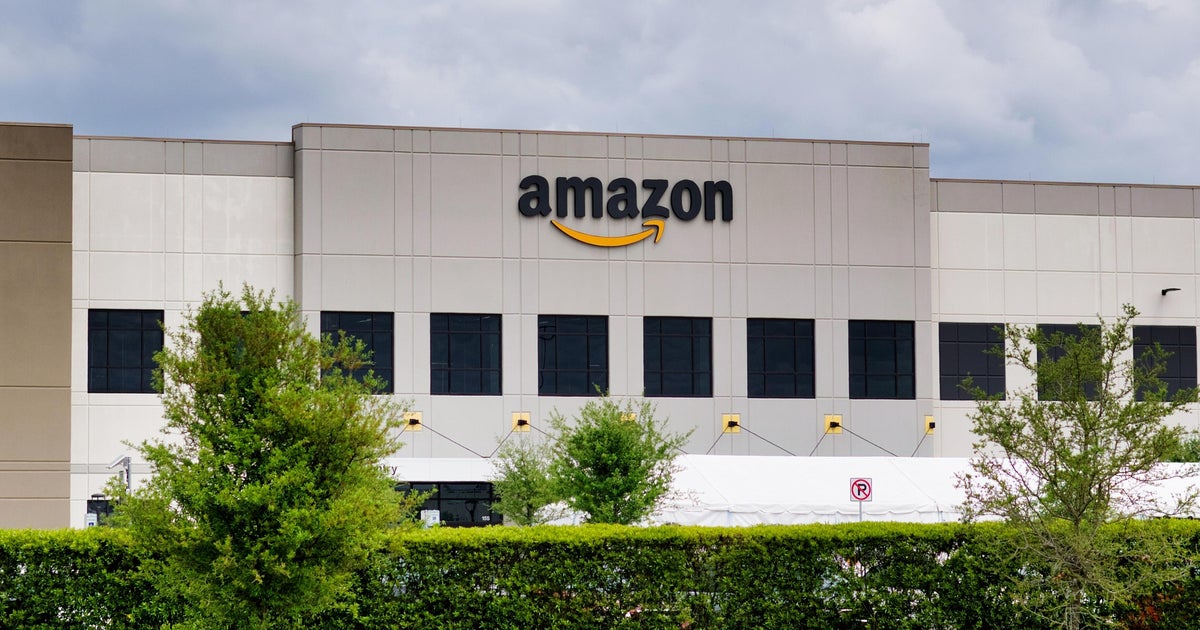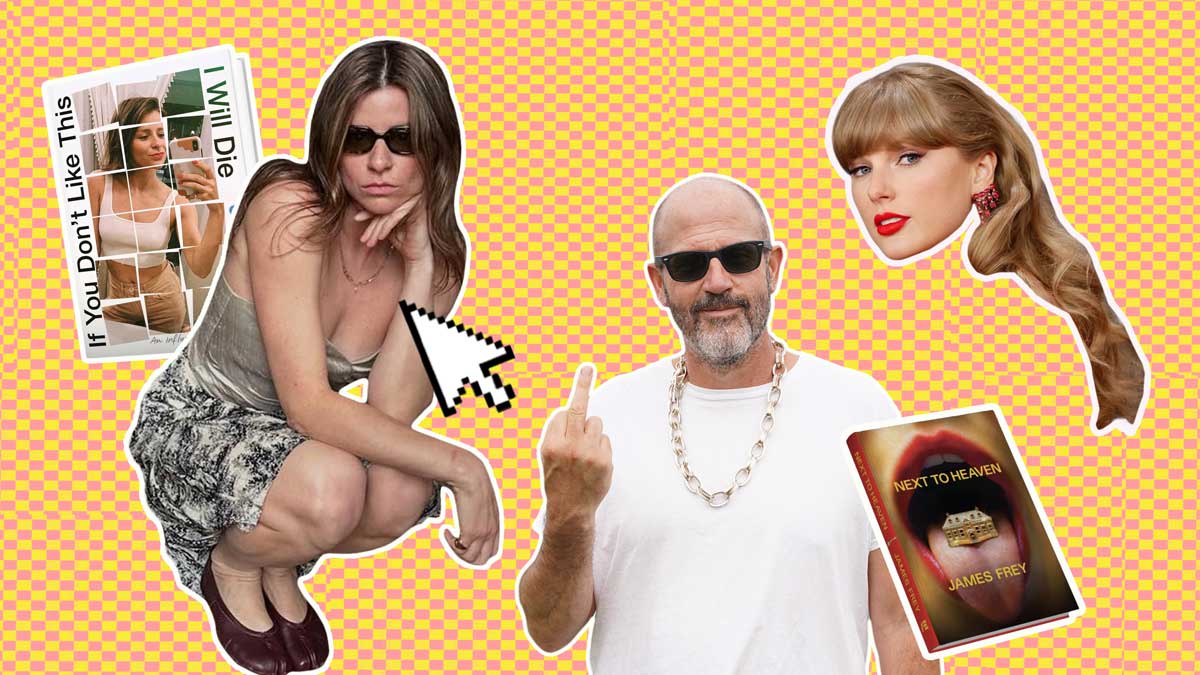The Blockbuster website is active and fans are speculating about a comeback. What is the status of the company?
Children of the 80s and 90s rejoiced this week when they realized a blast from the past may be creeping back into the zeitgeist: Blockbuster. The antiquated but still beloved movie rental retailer has a live website – even though the company ceased most of its operations in 2014. Some fans believe that is evidence the company is making a comeback.
In a tweet this month, the company joked about reopening: "New business idea: We're going to come back as a bank and use VHS and DVDs as currency. Time to go visit your mom."
The tweet was a joke, but three days later, Twitter users realized the Blockbuster website was active again. The message on the homepage: "We are working on rewinding your movie."
After a few people tweeted that they had noticed the website was active, more nostalgic Blockbuster fans shared their theories about the website as well as their memories of picking out flicks and video games with their family and friends.
"Some of my favourite childhood memories were going to Blockbuster on a Friday night," one person tweeted.
"The blockbuster website is alive?? if they make a comeback in ANY way i will cry," another tweeted.
One person said a Blockbuster comeback would be "epic." "Seeing the Blockbuster chain back would bring memories, from the past. Friday night after middle school, my cousins and I would make a run for the store, rent movies, video games @SEGA and that would be our weekend party!!" they tweeted.
While Blockbuster was a mainstay for many families in the 80s and 90s, on-demand movie options started to become popular, with rentals available with the click of a button. Brick and mortar movie retailers puttered out and Blockbuster announced in 2014 it would be closing its nearly 300 remaining stores in the U.S.
The company had tried to adapt as the movie rental landscape changed. Like the early days of Netflix, Blockbuster was mailing DVD rentals to homes, eliminating the need to drive to the store. But Netflix pivoted to streaming and Blockbuster chose not to, a business decision that ultimately lead to their downfall.
The Blockbuster brand was sold to satellite TV company DISH in 2011 for $320 million, according to Variety. They owned the licensing rights and created Blockbuster On Demand, a library of thousands movies available to DISH customers and as a standalone app. The app is no longer available.
In 2021, a Blockbuster decentralized autonomous organization, or DAO, was created with the goal of acquiring Blockbuster from DISH. A DAO is an entity that has no central governing body, unlike a corporation with executives or board members at the top. They usually use cryptocurrency in transactions.
The Blockbuster DAO, later renamed Rewind, had a goal of raising $5 million to buy the brand from DISH.
"The Blockbuster brand is not only nostalgic, but it's a historic landmark in the history of film," the DAO's account tweeted in December 2021. "Despite its 1/1 brand recognition, the company was destroyed by terrible leadership with an inability to pivot and make dynamic business decisions."
The DAO said there are several options for the company after it is bought, including creating an NFT presence, a streaming platform or distributing films to theaters.
Rewind, which has become a video platform for creators, said they had 13 meetings with DISH about the acquisition. "Unfortunately, the idea of wholly acquiring the Blockbuster brand was shut down immediately. Dish had spent $320 million on the brand in 2011 and they believed it was still worth more than any community like ours would be able to raise," the DAO says in a release on its website.
CBS News has reached out to Rewind and DISH for comment and is awaiting response.
It is unclear when the Blockbuster website was activated or updated, and Blockbuster no longer has an active public relations email, but CBS News reached out to the last remaining Blockbuster location in Bend, Oregon, for any insight they might have.
The last Blockbuster was the focal point of a 2020 documentary that explained the company's downfall and the Bend location's survival. The store is more of an attraction, making money by selling merchandise rather than renting movies.




